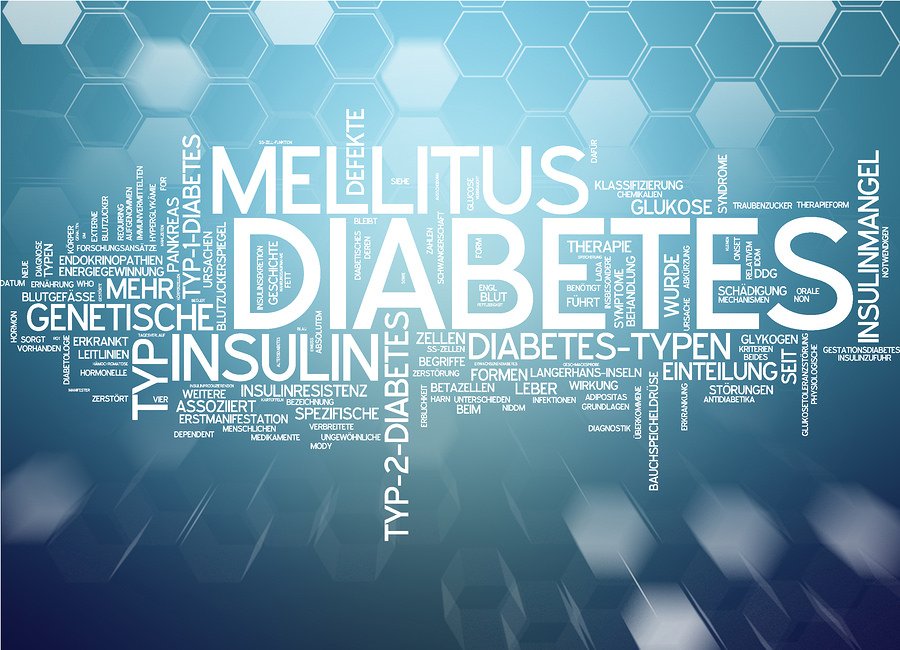iDCI draws up the HbA1C count of people with diabetes in key cities
February 22, 2019 | Friday | News
The iDCI was introduced in 2018 as a part of Novo Nordisk Education Foundation (NNEF) and Novo Nordisk India's 'IMPACT India: The 1000-Day Challenge' to improve diabetes care in India.
Image Credit: Flickr
The India Diabetes Care Index iDCI introduced by Novo Nordisk Education Foundation, reveals that the three-month average HbA1c level of people with diabetes in key cities is high against the recommended target of <7%. Delhi is at 8.53%, Mumbai at 8.13%, Chennai at 8.41% and Kolkata at 8.24%. India on the whole is found to be at an average HbA1c of 8.51%.
Dr H B Chandalia, Director, Dept. of Endocrinology, Diabetes & Metabolism, Jaslok Hospital, Mumbai, said, "HbA1c is the best indicator of the long-term blood sugar control in a person with diabetes. Mumbai's high average HbA1c shows that there are already many people living with uncontrolled diabetes and are at risk of developing diabetes related complications."
80% of people with diabetes in India have HbA1c above the recommended levels1 leading to over 3.14 crore2 cases of micro and macro vascular complications such as heart, eye, kidney, nerve and limb disease. The annual diabetes related healthcare cost was up to INR 63,000 crore in the year 20173.
Dr V Mohan, Chairman & Chief Diabetologist, Dr. Mohan's Diabetes Specialities Centre said, "It is worrisome that a city such as Chennai has a high HbA1c number, based on the sample of people who have tested themselves at diagnostic centres. This means that there may be an even higher number of individuals who are already at risk since uncontrolled diabetes increases the chance of developing a heart disease."
"With 1 in 5 persons with known diabetes likely to have heart disease, it is estimated that there are currently more than 65 lakh such cases in India4," said Dr Nikhil Tandon, Head, Dept of Endocrinology, AIIMS.
The iDCI was introduced in 2018 as a part of Novo Nordisk Education Foundation (NNEF) and Novo Nordisk India's 'IMPACT India: The 1000-Day Challenge' to improve diabetes care in India. Based on big data analytics, iDCI provides a real-time view of the average HbA1c in India and its key cities.
"The data shows us that the need to manage diabetes well continues to be as important as the need to prevent. We need to continue to improve awareness to ensure timely treatment," said Dr Subhankar Chowdhury, Editor-in-Chief, Indian Journal of Endocrinology and Metabolism.
The overall ambition of 'IMPACT India: The 1000-Day Challenge' is to reduce the average HbA1c of the country by 1% in partnership with likeminded stakeholders.
Dr A K Das, Patron IMPACT India programme, said, "Society-wide programmes such as IMPACT India have an important role to play in changing diabetes in India. I invite my fellow members of the medical community to join in this programme to improve the level of diabetes care in India."
Melvin D'souza, CVP and GM, Novo Nordisk India said, "A large segment of people with diabetes continues to be exposed to developing heart diseases. With the 1000-Day Challenge, we will continue to work with all stakeholders on a targeted approach to improve diabetes care."
As part of the awareness efforts, Novo Nordisk ran a social media and radio campaign in 12 cities to get people to focus on the relationship between uncontrolled diabetes and heart disease.









